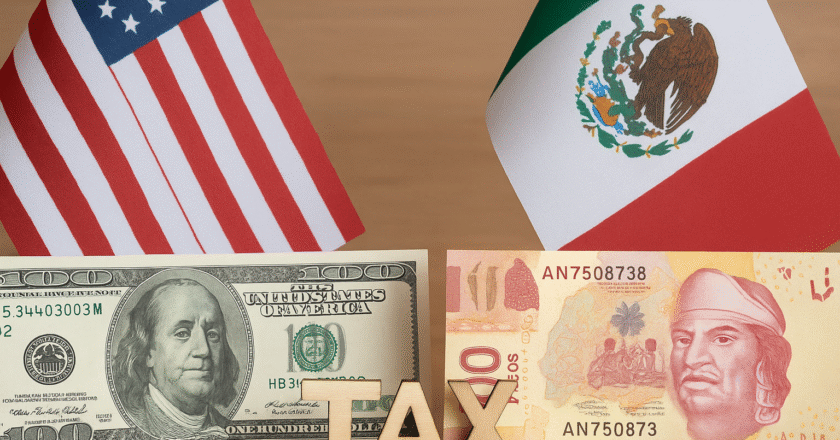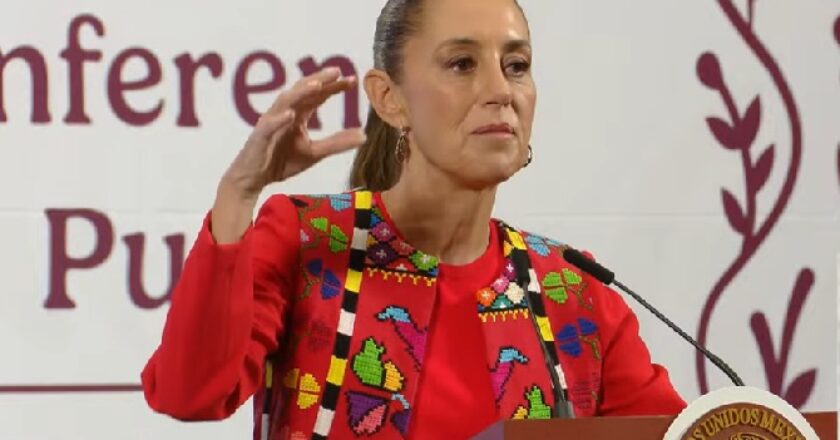If you own property in Baja California, January isn’t just the month of good intentions and half-forgotten resolutions. It’s also …


If you own property in Baja California, January isn’t just the month of good intentions and half-forgotten resolutions. It’s also …

State Government Highlights Responsible Budget, Inflation-Only Adjustments The Baja California state government has officially confirmed that there will be no …

Just when you thought the border couldn’t get any pricier—remittances now come with a 3.5% surcharge. Last week, the proposed …

There’s a new proposal making noise across the border—and it’s got Baja’s name all over it. U.S. lawmakers are pushing …

Sheinbaum responded diplomatically Donald Trump sent flowers on X—digitally, of course. He called President Claudia Sheinbaum “a magnificent president” and …

As the Pandemic dried state treasuries, they desperately seek new ways to get more revenue. Like addicts without a fix, …

BY ORLANDO GOTAY / TAX ATTORNEY If you are a US person who runs a business in Mexico and have …

BY ORLANDO GOTAY A name that did not even exist at the beginning of the year, COVID-19, has turned all …

BY ORLANDO GOTAY Earthquakes can be catastrophic events due to massive forces and unpredictability. Science always looks for clues to …

The IRS is going through tough times. In recent years, Congress “punished” the agency by providing it a super lean …